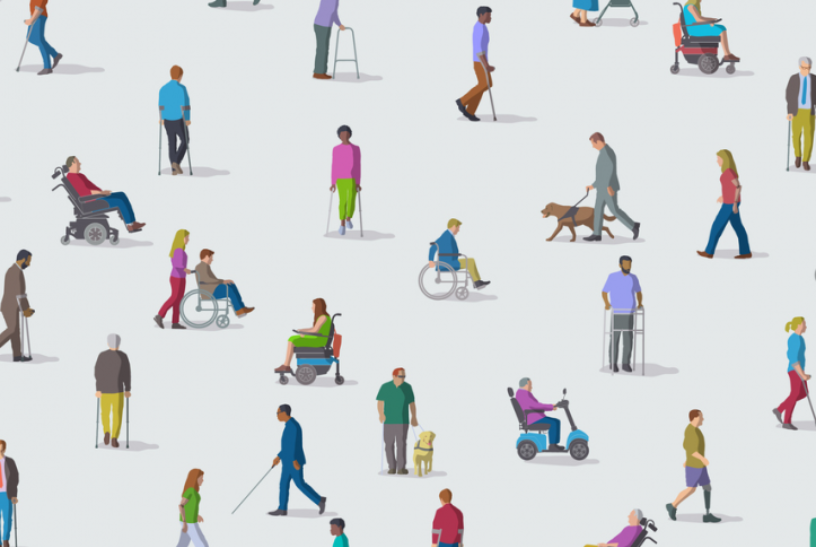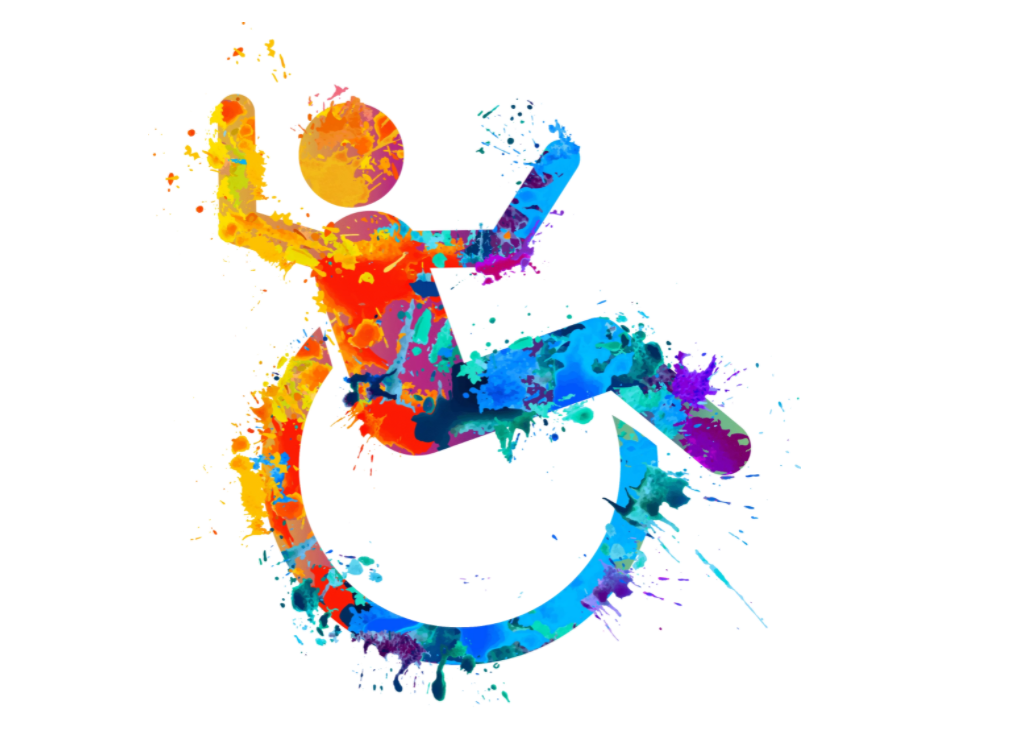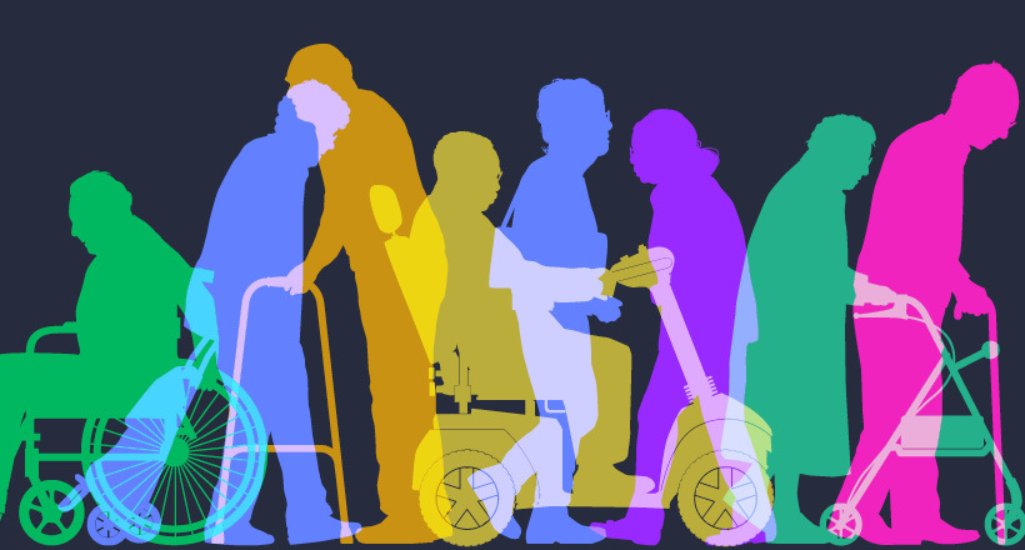Disability, the term PWD (person with a disability) is widely used to refer to a person who has some type of disability, however, when one is not familiar with the subject, the fear of using certain expressions generates a little insecurity. People are afraid of offending or embarrassing others with inappropriate words.
The most used and most searched terms on Google are PWD – disabled person and PNE – disabled person. Although they are widely used, it does not mean that they are correct or that they are the most appropriate way to refer to a person.

Currently, the official and CORRECT term that was defined, on the Rights of Persons with Disabilities is PWD, which means Person with Disabilities, as it clarifies that there is some type of disability without this diminishing those who have it. A person with a disability (PWD) or People with Special Needs (PNE) are wrong terms and should be avoided, as they do not convey reality as they should.
Why use PWD and other suitable terms?
The way to refer to people with physical, visual, hearing, or intellectual disabilities can show a certain prejudice and create a communication barrier. It must be clear that disability is not synonymous with disease, so the term carrier ends up being inappropriate.
The expression special needs also refer to the idea that people with disabilities should be treated differently because they do not have the same capacity.
Disability is not the same thing as inefficiency, and when it comes to professionals, the activities developed and productivity can be equal or even superior, everything will depend on whether the person has the profile, the dedication and effort of each employee, and the conditions of work and inclusion offered by the employer.
Using the appropriate term makes the person you are referring to not feel inferior or discriminated against and avoids any kind of embarrassment.

In addition, when talking about the types of disability, no barrier should be imposed, with the need to specify the disability, it is possible to describe it within a context, without using pejorative terms, it can be used, for example, a person with a physical disability. It is also possible to change the subject of the sentence: Professional with a disability or a candidate with a disability.
Those who use appropriate terms can maintain a friendly relationship with anyone, in addition to showing themselves as a connoisseur of causes who cares about others.
Tips for relating
For cultural reasons and even for lack of information regarding the inclusion of people with disabilities, it is common to have some slips in this relationship, so, see some tips on what to do or not.

- Don’t try to brag about someone who has a disability or make them a superhero. He’s just someone who can have his strengths and weaknesses.
- If you are a human resources professional and you are interviewing candidates, remember that the person with a disability is the person applying for the position and not their companion. So, direct the questions to who will work at the company
- Never underestimate a person because of their disability. If you don’t know if she will be able to perform many tasks, ask. Also, don’t be afraid to ask if you will need any adaptation/accessibility. For example, wheelchair users need access ramps or tables with different heights and for them, this is not a problem, inclusion is done with the person!
- When talking to a person with an intellectual disability, speak a little more slowly so that he can understand what was said and wait for him to formulate a response without interrupting you
- When talking to a visually impaired person, identify yourself; if there are other people, don’t forget to mention them
- People with disabilities do not always need help. Therefore, always ask before leaving arming a blind person, or pushing a wheelchair. Wait for the person to respond and if so, question the correct way to proceed.
Choose the correct term to refer to the person with a disability (PWD) to avoid embarrassment for the parties. In situations where you don’t know how to handle the issue, it’s better to question how to handle or act than to appear disrespectful or offensive.
Want to know a little more about the inclusion of PWD? Access the Talento Include website and find out about this universe.





